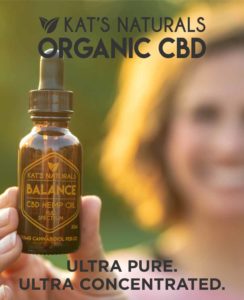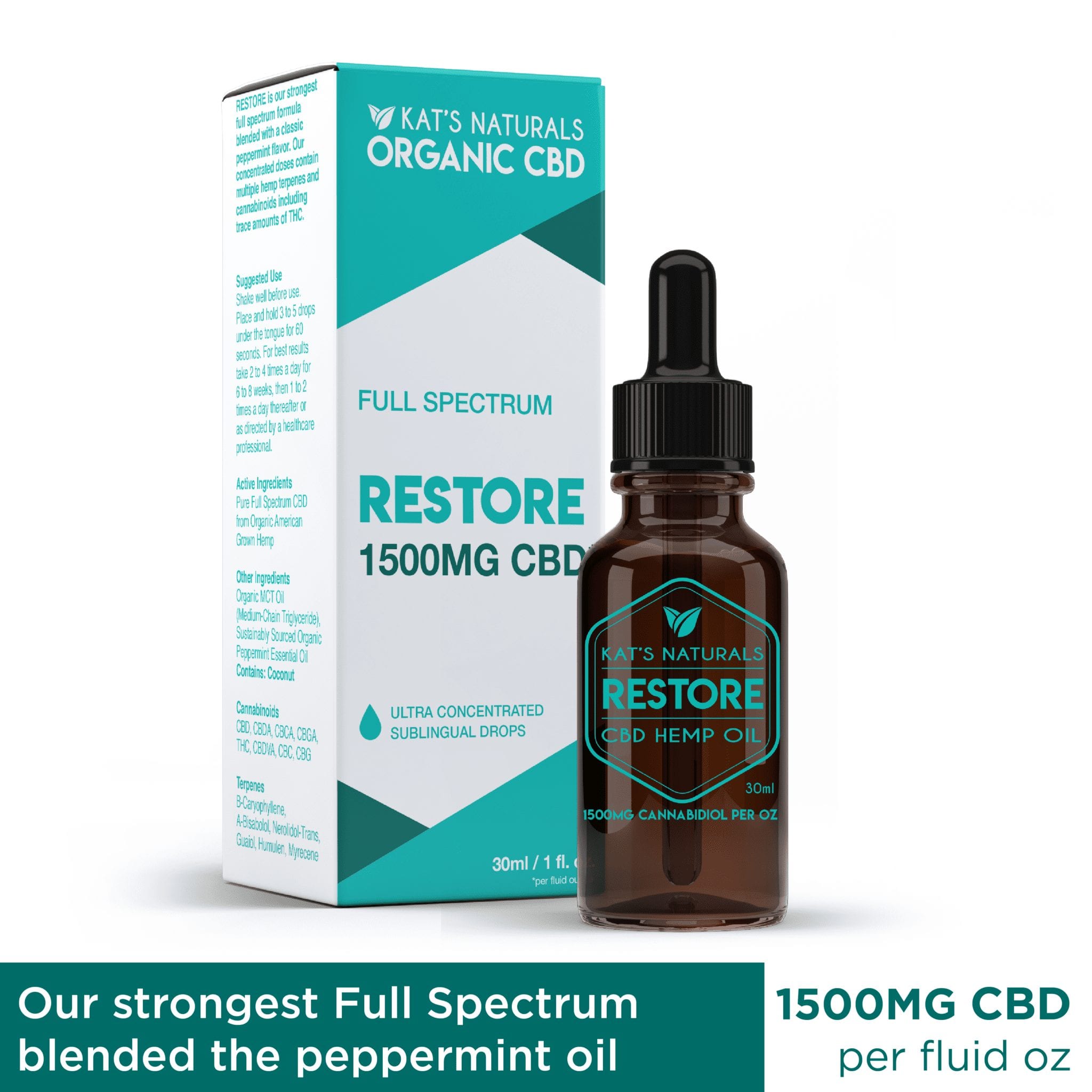No products in the cart.
Hemp Seed Oil vs. Hemp Oil vs. CBD Hemp Extract Oil
Almost 70 percent of CBD oil sold online is mislabeled, creating an industry full of false information and confusion around hemp seed oil vs hemp oil vs CBD oil. The growing number of mislabeled remedies are a result of the many companies that are white labeling their products without developing and maintaining a commitment to consistency.
Most brands in the cannabis industry are re-selling products distributed by a manufacturer, then placing their own branding on the remedies. This strategy is perfectly fine and legal, but oftentimes these companies don’t do their due diligence in examining the Certificate of Analysis (COA) from the manufacturer. Instead of ensuring there’s CBD in their products, companies take the manufacturer’s word. Brands that formulate their own items showcase the same behavior by not testing for CBD.
Without testing for the right ingredients in a product, companies mislabel their remedies, making everyone wonder whether or not a product is hemp oil, hemp seed oil, or CBD oil.
The pitfalls of mislabeling
If you search for hemp oil on Amazon, the platform will pull up a number of hemp oil products labeled “cannabis sativa, 500 milligrams.” While it may seem like you’ve found what you’re looking for, it’s anything but what you ordered. Typically, the number of milligrams is the weight per serving, meaning the CBD oil you thought you ordered contains zero CBD.

However, some brands are afraid to hint at the CBD in their products and prefer to mislabel their remedies by referencing them as hemp oil or hemp extract without any CBD. But the FDA highly discourages companies from simply calling their products hemp extracts because that language does not accurately indicate whether their products contain CBD, putting many consumers in danger.
Some individuals are sensitive to CBD and can experience sleepiness, headaches, diarrhea, nausea, dizziness, dry mouth, vomiting, and a change in their appetite or mood. Research even indicates that for some users, CBD oil may increase liver enzymes, which can lead to inflammation or liver damage.
As an industry-standard, it’s essential that each hemp seed oil, hemp oil, and CBD oil is labeled accurately. For products that contain CBD, they need to be marked accordingly: “CBD hemp extract” or “CBD extracted from hemp.” For products free of CBD, the labels should also be labeled appropriately: “Industrial hemp” or “American grown hemp.” These clear labels allow the consumer to know what they’re consuming, enabling companies to avoid any adverse reaction that could potentially become a liability.
Understanding hemp seed oil, hemp oil, and CBD oil
Until the CBD market experiences more regulation mislabeled products will continue to flood the industry. However, consumers should know how to differentiate between hemp seed oil, hemp oil, and CBD oil so that they purchase the best products for their health.
Despite the various terms and contradictions on the internet, there are three ways to view hemp seed oil, hemp oil, and CBD oil:
- Hemp seed oil is produced from the seeds of hemp itself. It contains various nutrients, such as omega-3 and omega-6 fatty acids, making it great for digestion.
- Though some refer to hemp extract as hemp oil, hemp oil is actually the same as hemp seed oil. The two terms — hemp seed oil and hemp oil — are synonymous.
- CBD oil is produced mainly from the hemp flower, but the whole plant can help produce the remedy. CBD hemp extracts also contain various phytonutrients.
The number of cannabinoids in hemp seed oil (i.e., hemp oil) and CBD oil is also a key differentiator. Hemp seed oil isn’t a CBD-rich medicinal supplement. In fact, hemp seed oil doesn’t contain any cannabinoids at all. It is, however, very nutritious. As mentioned before, hemp seeds contain various nutrients, and it’s a great superfood for digestion. In some cases, hemp seeds even help regulate healthy levels in blood sugar and cholesterol.
CBD hemp extracts, on the other hand, contain a number of cannabinoids depending on the type of product you buy. If you purchase a full-spectrum hemp extract, for example, your remedy will include nutrients from the whole hemp plant. Full-spectrum hemp extracts contain many phytocannabinoids such as CBD, CBG, CBC, trace amounts of THC, and more.
Deciphering between hemp seed oil (i.e., hemp oil) and CBD oil
Consumers should take additional steps to determine whether they’re purchasing hemp seed oil (i.e., hemp oil) or CBD oil. There are four specific strategies that consumers can implement:
- Analyze the COA for each specific product you are considering, and examine the batch number to see if it’s cohesive.
- Check several of the companies’ COAs to ensure data isn’t being repurposed and used for each product.
- Call the agency that tested the manufacturer or company’s products to guarantee the company did, in fact, get their products tested and is accurately labeling their remedies.
- Consider the cost of the product. Extracting, testing, and creating quality CBD is expensive. If the product you’re considering is exceptionally cheap, you have to wonder how much CBD is in it.
Until there is more regulation in the CBD industry, it is up to consumers to read product labels to guarantee they get the right remedies. The growing amount of mislabeling makes it easy to pick up the wrong thing — but with knowledge and an acute attention to detail, consumers can increase their chances of purchasing the appropriate remedy for their health.
Know someone who might be confused about the differences (or similarities) between hemp seed oil, hemp oil, and CBD oil? Share this article to unravel their confusion! We’ll make sure they purchase the product they really want.






